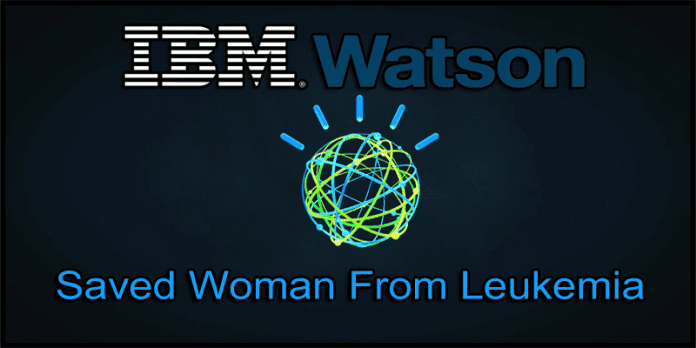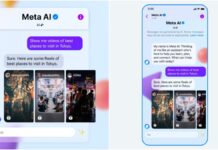As we all know that IBM Watson is an Artificial Intelligence enabling a new partnership between people and computers. Recently the Japanese Doctors Used IBM’s Artificial Intelligence, Watson to detect a very rare form of Leukaemia.
IBM Watson: Artificial Intelligence Saved Woman From Leukemia
The supercomputer IBM has already shown its power a little everywhere. As it has won a television contest and even defeated the brightest human minds in chess. However, if there is a form where this supercomputer has shown is to save human lives.
This time, much more than disentangle complex calculations in the fight against cancer, Watson diagnosed a rare form of leukemia in a 60-year-old woman which helped to save her life.
According to a report from the University of Tokyo, the Artificial Intelligence at the service of a medical unit detected a rare form of leukemia in a 60-year-old woman. According to doctors, this identification helped to save the woman because her illness had been diagnosed earlier but incorrectly.
IBM’s Artificial Intelligence device only took 10 minutes to make an analysis of the collected data of patient and detecting that there was a genetic change. These changes were comparative sample of a database with 20 million documents of research on cancer.
Thus this identification provided a correct and precise diagnosis which was administered by an appropriate treatment and it could not be sick to follow with the first wrong diagnosis that (initially diagnosed acute myeloid leukemia).
IBM’s Artificial Intelligence, Watson also identified another rare form of leukemia in another patient, according to reported of the University.
In a perfect world this type of technology would already be at the service of medicine on a regular basis in hospitals, but at present it is not yet possible. So, this super technology is only available in situations where readily comparable data is available. These data, in terms of volume and variety, have yet to be compiled around the world and in uniform.
The huge number of calculations that Watson is capable of producing could streamline colossal form the results in the medical world which allowed a diagnosis of many diseases more “obscure” and a much more specialized and targeted treatment. One day we may have this reality, but it will not be prevalent in the near future.



